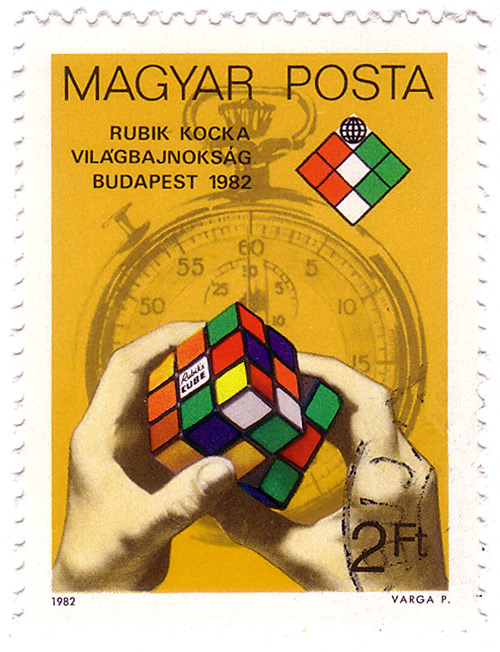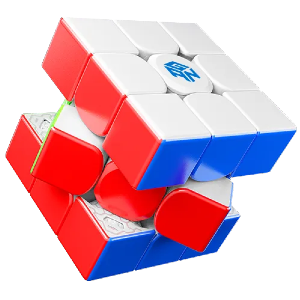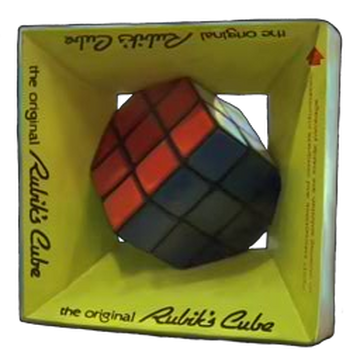The History Of The Rubik's Cube
Where did it all start?
It all started when a Hungarian design teacher named Erno Rubik who was a serious puzzler assembled the first Rubik's cube in 1974. He named this cube the Magic Cube, after a toy agent pitched the idea of the cube to Ideal Toy & Novelty Company, it was renamed the Rubik's cube and was placed on shelves in 1980.
Why did he make the cube?
Originally Erno made the Rubik's cube as a learning tool for the students in his class in order to help the kids learn about three-dimensional design. The first design of the cube was a 3 inch by 3 inch rotating cube made of wood, he made this all by hand in the schools workshop. He even applied for a patent in 1977 so no one else could steal his idea.

This is an image of the blueprints/patent of the first Rubik's Cube
How did the cube grow?
After the release of the cube in 1980 it was a worldwide sensation winning many Toy of the Year awards. By 1982 over 100 million cubes were sold, but many people thought this toy was going to be a one hit wonder (boy were they wrong). In 1986 The New York Times stated, "retired to the attic, the garbage heap and, with a bow to its elegance and ingeniousness, to the permanent collection of the Museum of Modern Art." But unlike the New York Times said the colourful toy never seemed to fully disappear, and over 40 years has become a huge cultural icon imprinting its footprint into many peoples mind.

This is a Hungarian stamp honouring the Rubik's Cube(1982)
How does the cube stand today?
Now nearly 45 years after the release of the Rubik's cube, many teachers and families are participating in a educational program called "You Can Do the Rubik's Cube" which uses math and 21st century skills to solve the cube. Some people take the cube a step further by speed cubing which is trying to solve the cube as fast as you can. There are competitions and world champs along with many updated cubes from different companies which make the cube highly customizable.
"If you are curious, you'll find the puzzles around you. If you are determined, you will solve them." ~ Erno Rubik
Gallery
Evolution
Over the years the cube has gotten many upgrades from how they turn to even what they are made of. There are some big companies out there today (Gan, MGC) that make very good and prestigious cubes for speed cubers. More than just a regular 3x3 have been manufactured, companies began to try and make the cube bigger and bigger (not in size). There are 2x2's 3x3's 4x4's 5x5's 6x6's 7x7's 8x8's and so on all the way up to a 21x21. These nice cubes tend to have a pretty hefty price tag on them going anywhere from a Gan 13 Maglev at $100 USD to a 21x21 for $1,499 USD. Down below are some images of different cubes ranging from expensive ones to normal ones.

Gan 13 Maglev

Generic Rubik's cube
Original prototype of the cube

Original cube found in stores

5x5 Rubik's cube